Conflict Free Diamonds
WHAT IS A CONFLICT FREE DIAMOND?
A conflict free diamond is a diamond that’s mined and shipped without connection to rebel or terror groups. Procedures and agreements like The Kimberley Process are in place to guarantee that diamonds are mined and shipped according to certain ethical standards.
Diamonds that don’t abide by these practices are referred to as blood diamonds or conflict diamonds. Blood diamonds often originate in war-torn areas and are illegally traded. These diamonds gained attention during the Sierra Leone civil war in the 1990s, which was depicted in the 2006 movie Blood Diamond—showing how rebel groups engaged in brutal tactics to smuggle and sell diamonds.
At Virabyani, we have taken every measure possible to ensure that our diamonds are conflict-free. It’s a cause we strongly believe in. We can guarantee that we strictly follow every step of the Kimberly Process that helps to regulate the diamond industry.
THE KIMBERLY PROCESS
The Kimberley Process (KP) started when Southern African diamond-producing states met in Kimberley, South Africa in May of 2000. During this meeting, they discussed ways to stop the trade of conflict diamonds and ensure that diamond purchases were not financing violence by rebel movements and their allies seeking to undermine legitimate governments. The Kimberley Process requires that any country participating in the agreement provide a certificate that cites the origin of rough diamonds. In addition to this, in order to receive the certificate, the country of origin affirms that the income from the diamonds does not go to warlords or to the funding of conflict in any way.
The Kimberley Process is open to all countries that are willing and able to implement its requirements. The KP has 54 participants, representing 81 countries, with the European Union and its Member States counting as a single participant. KP members account for approximately 99.8% of the global production of rough diamonds. In addition, the World Diamond Council, representing the international diamond industry, and civil society organizations, such as Partnership-Africa Canada, participate in the KP and have played a major role since its outset.

 Start with a Setting
Start with a Setting Start with a Diamond
Start with a Diamond Start with a Lab-Grown Diamond
Start with a Lab-Grown Diamond Start with a Fancy Color Diamond
Start with a Fancy Color Diamond Ready-to-Ship Engagement Rings
Ready-to-Ship Engagement Rings Solitaire
Solitaire Hidden Halo
Hidden Halo Side-Stone
Side-Stone Three-Stone
Three-Stone Halo
Halo Vintage
Vintage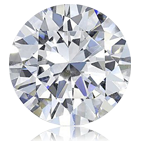 Round
Round Cushion
Cushion Elongated Cushion
Elongated Cushion Oval
Oval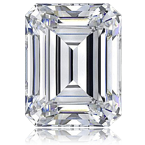 Emerald
Emerald Pear
Pear Radiant
Radiant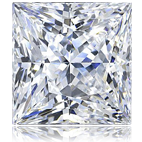 Princess
Princess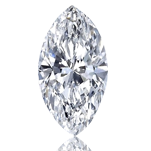 Marquise
Marquise Heart
Heart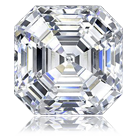 Asscher
Asscher White Gold
White Gold Yellow Gold
Yellow Gold Rose Gold
Rose Gold Platinum
Platinum

 Anniversary Rings
Anniversary Rings Eternity Bands
Eternity Bands Diamond Rings
Diamond Rings Curved Bands
Curved Bands Wide Rings
Wide Rings Five Stone Bands
Five Stone Bands Men's Diamond Bands
Men's Diamond Bands Matte Bands
Matte Bands Textured & Engraved
Textured & Engraved Hammered Design
Hammered Design Beveled Edges
Beveled Edges All Men's Rings
All Men's Rings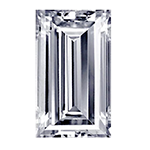 Baguette
Baguette Lab-Grown Diamonds
Lab-Grown Diamonds Natural Diamonds
Natural Diamonds Fancy Color Diamonds
Fancy Color Diamonds Stud Earrings
Stud Earrings Hoop Earrings
Hoop Earrings Drop Earrings
Drop Earrings Pave Earrings
Pave Earrings Tennis Bracelets
Tennis Bracelets Bangle Bracelets
Bangle Bracelets Fashion Design
Fashion Design Tennis Necklaces
Tennis Necklaces Circle Pendants
Circle Pendants Pave Pendants
Pave Pendants Sapphire Rings
Sapphire Rings Emerald Rings
Emerald Rings Ruby Rings
Ruby Rings Aquamarine Rings
Aquamarine Rings Jado Crown
Jado Crown Jado Couture
Jado Couture Jado Flora
Jado Flora Jado Aura
Jado Aura Jado Muse
Jado Muse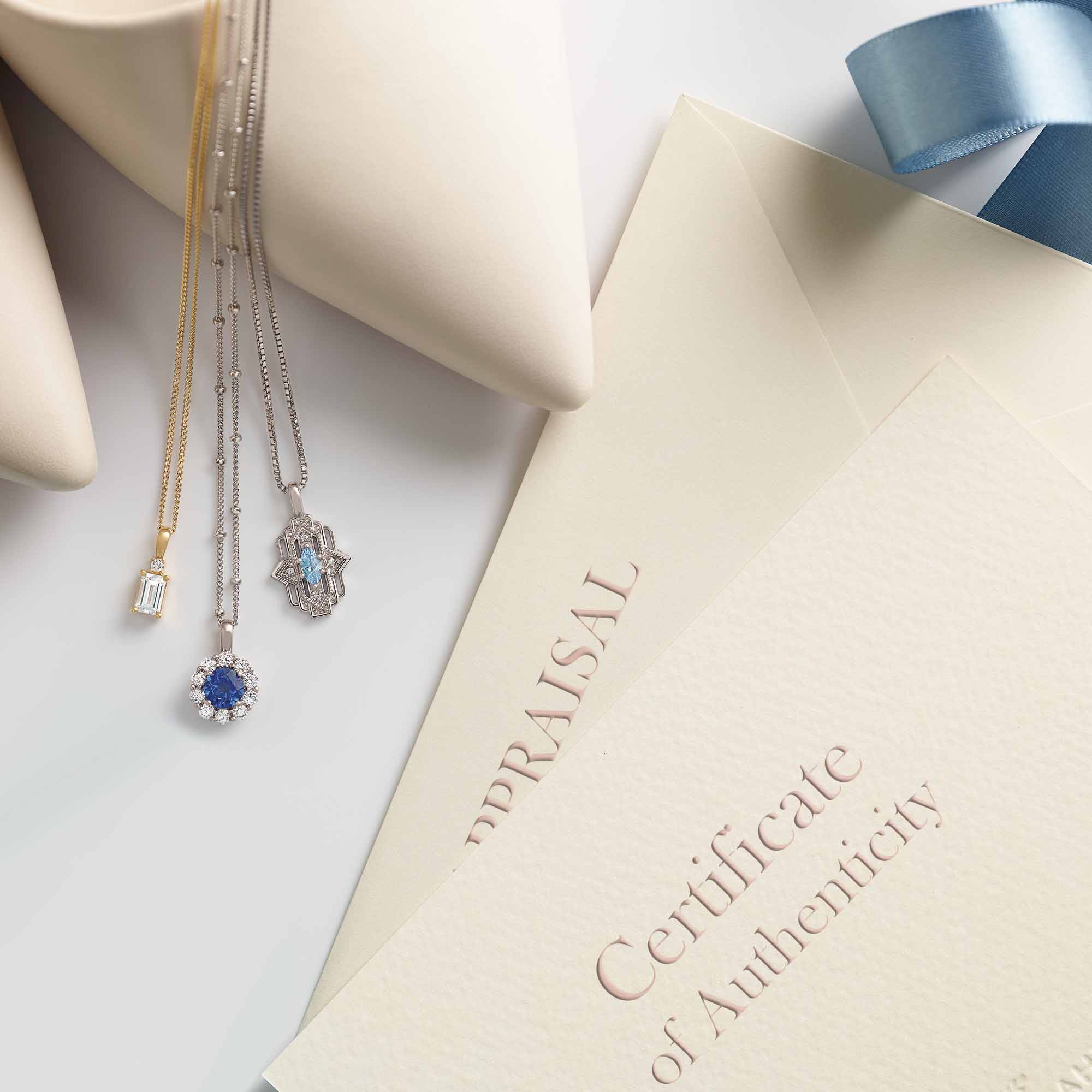
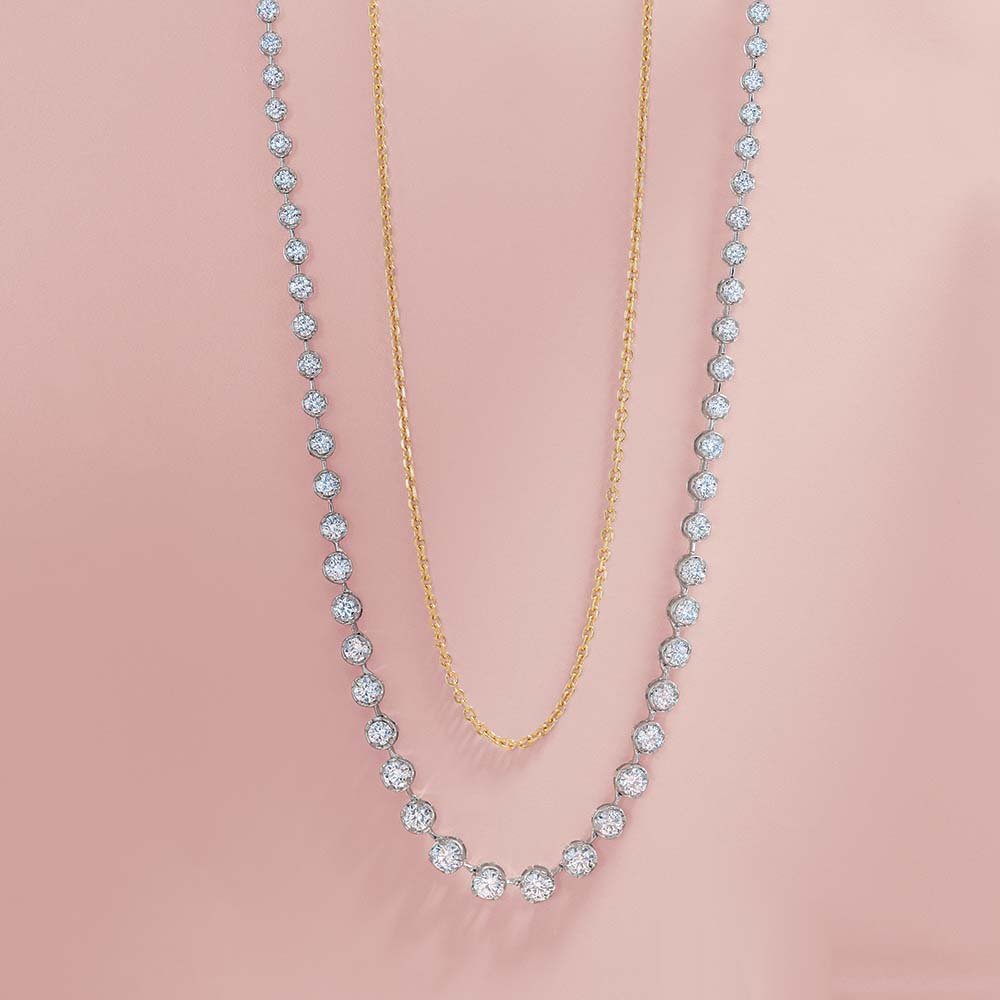
 Text Us
Text Us Contact Us
Contact Us Check Order Status
Check Order Status Account
Account